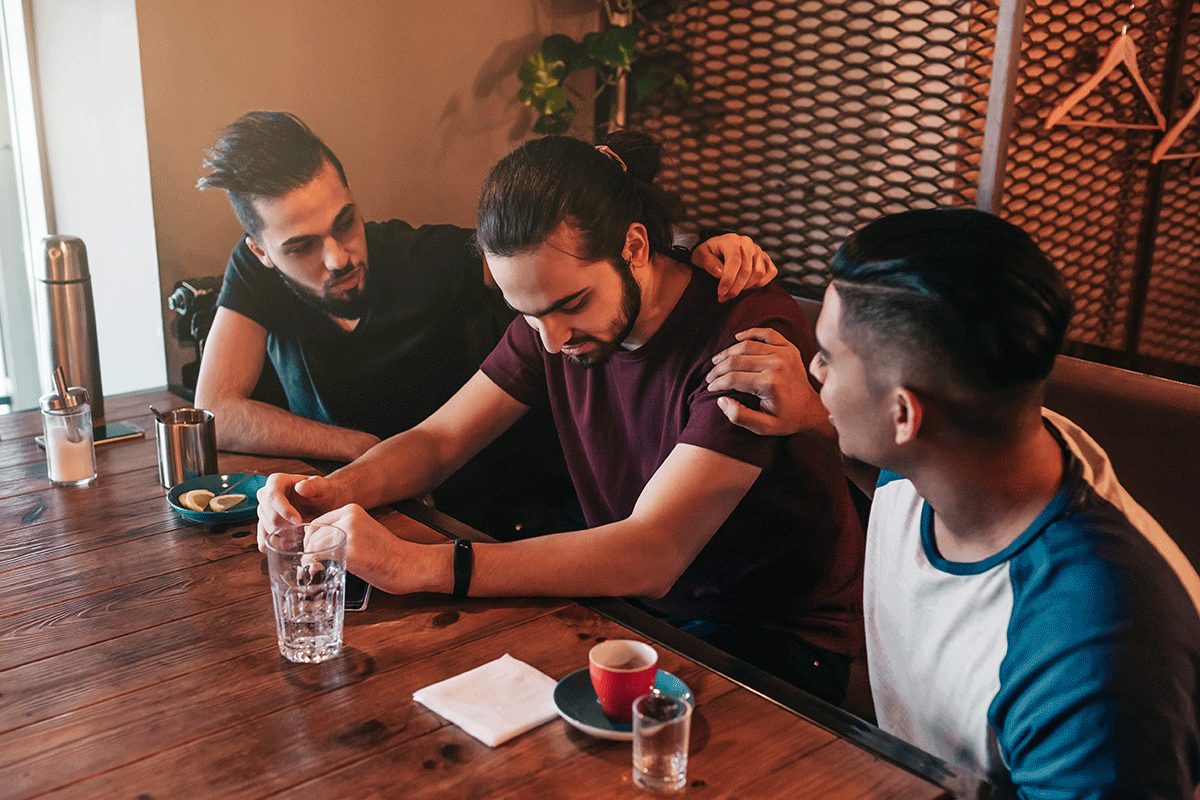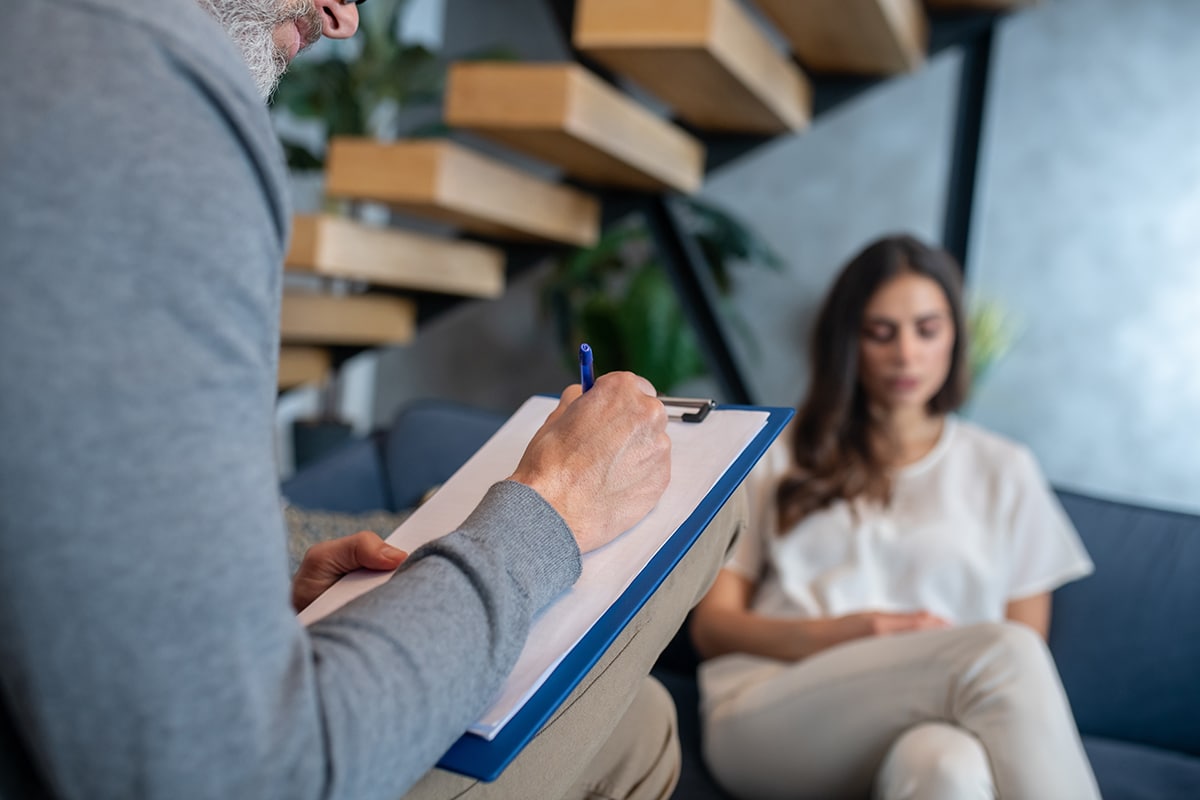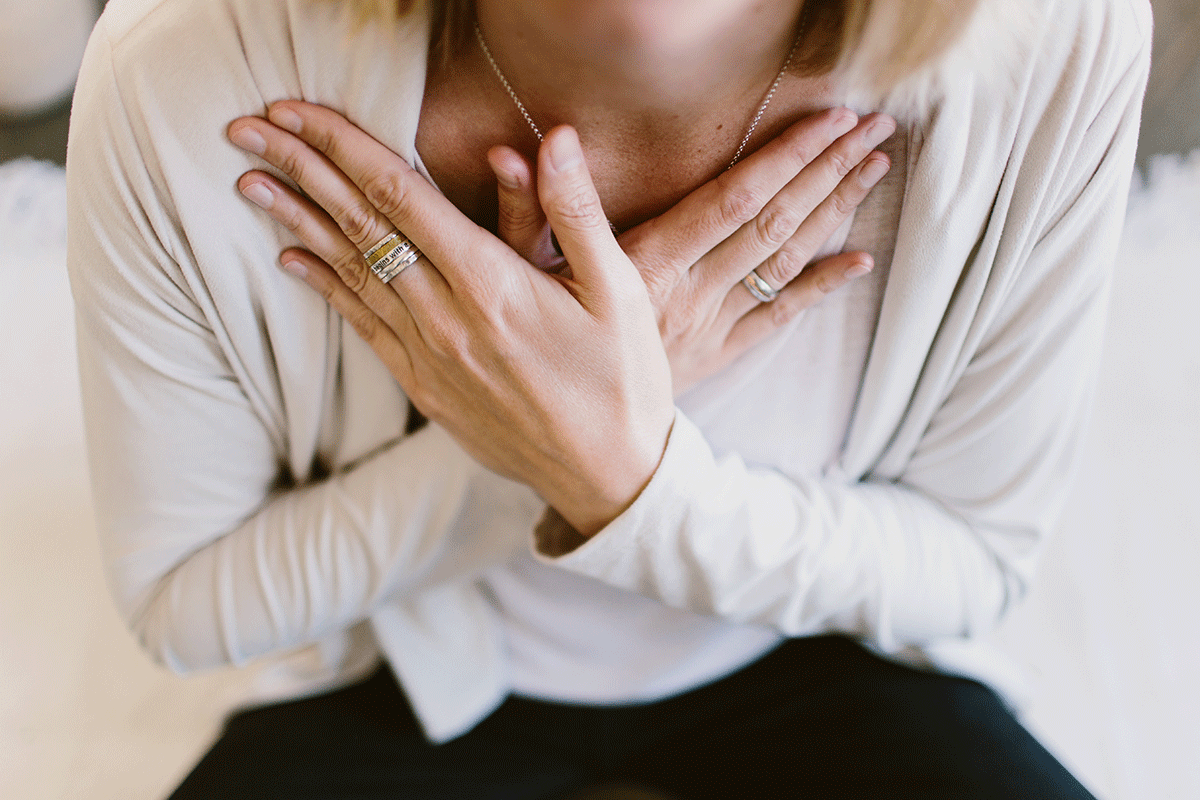For many, one of the most intimidating parts of recovery is wondering what life will look like without drugs or alcohol. It’s normal to worry about losing old connections or feeling out of place, but sobriety doesn’t mean the end of your social life.
In fact, it often creates space for friendships that are deeper, healthier, and more supportive than before. Sober friends bring encouragement, accountability, and a sense of belonging, making recovery easier to sustain and far more rewarding.
In this blog post, we’ll look at the different ways sober friendships strengthen recovery, how to start building these connections, and what socializing without substances can look like in real life.
How Sober Friends Help Recovery
Sober friends bring a sense of safety, accountability, and shared understanding that’s difficult to find elsewhere. They help create an environment where recovery feels supported rather than tested, and they show you that life without substances can still be fun, fulfilling, and meaningful. While everyone’s journey looks different, there are several key ways that sober friendships make a lasting impact on recovery.
Accountability and Consistency
One of the biggest benefits of sober friends is accountability. When your social circle includes people who are also committed to sobriety, it’s easier to stick to your recovery plan and break the cycle of addiction for good. These friends can recognize warning signs, check in when things feel shaky, and remind you of your progress when self-doubt creeps in.
Knowing that someone else is walking alongside you encourages consistency and strengthens your commitment. You can put this into practice by:
- Scheduling weekly or biweekly check-ins with a sober friend, even if it’s a short call or text.
- Going to recovery meetings together so accountability feels mutual.
- Choosing one trusted friend as your go-to contact when relapse triggers or cravings hit.
Fewer Triggers and Safer Environments
Accountability is powerful, but it works best when combined with safe spaces. Spending time with people who aren’t drinking or using makes it easier to avoid high-risk situations. Instead of having to explain your sobriety or manage uncomfortable settings, sober friends naturally lean toward activities where recovery feels protected.
Some ways to create these safe spaces together include:
- Suggesting activities that don’t center around alcohol or drugs, like hiking or coffee meetups.
- Sharing your triggers and stressors openly so your friends know how to support you.
- Having an agreement that if one of you feels uncomfortable, you’ll both leave together.
Normalizing a Substance-Free Lifestyle
When you’re no longer surrounded by triggers, it becomes easier to see sobriety as your “new normal.” Sober friends help with this shift by treating recovery as a natural part of life rather than something unusual. Seeing others celebrate milestones, enjoy themselves, and live full lives without substances reinforces your own confidence and shows that sobriety isn’t limiting—it’s freeing.
Start making sobriety feel like everyday life by:
- Celebrating your own and your friends’ sobriety milestones with the same energy you’d give to birthdays or promotions.
- Sharing the daily habits that keep you grounded, from journaling to meal prep.
- Spending time with people who view sobriety as a lifestyle, not a temporary phase.
Emotional Understanding and Support
Part of what makes sober friendships so valuable is the depth of understanding they bring. Someone who’s been through recovery knows firsthand how challenging cravings, setbacks, or self-doubt can feel.
That shared experience builds trust, making it easier to be honest about struggles without fear of judgment. Try leaning into this support by:
- Talking openly with a sober friend about challenges you’re facing and listen to theirs in return.
- Checking in on each other during tough weeks instead of isolating.
- Build rituals of connection, like a weekly coffee or walk, to strengthen trust over time.
Making Sobriety Enjoyable
Support and empathy are essential, but sober friendships also bring back something equally important: fun. Recovery is about building a life you want to stay in, and laughter, joy, and shared experiences are a huge part of that.
Sober friends make it easier to rediscover hobbies and activities that bring you energy, like:
- Trying new activities together, like painting classes, cooking nights, or weekend trips.
- Hosting regular sober gatherings, whether it’s game nights or potlucks.
- Making a running list of activities you’d like to experience and invite friends to join you.
How to Find Sober Friends
Knowing how important sober friends are is one thing — figuring out how to find them is another. The good news is that opportunities to meet people in recovery are everywhere, from traditional groups to everyday spaces you may not expect. The key is staying open and willing to put yourself in environments where real friendships can grow.
Attend Recovery Meetings and Groups
Recovery meetings are one of the most reliable places to connect with people who understand what you’re going through. Whether it’s Alcoholics Anonymous (AA), Narcotics Anonymous (NA), SMART Recovery, or another program, these group therapy meetings bring together people committed to living sober.
Beyond the structure of the meetings themselves, they often serve as gateways to friendship, accountability, and social support. You can start building friendships by:
- Staying after meetings to chat with others rather than leaving right away.
- Exchanging phone numbers with people you connect with and follow up.
- Volunteering for group service roles, which naturally leads to more connection.
Explore Sober or Wellness Communities
Not every sober friend has to come directly from recovery programs. Wellness communities like yoga classes, fitness groups, or sober social meetups often attract people who are intentionally building healthier lifestyles.
These spaces can feel less formal while still allowing you to connect with people who share your values. To make the most of these communities, try:
- Looking for sober-specific events in your area, like alcohol-free dance parties or meetups.
- Joining group fitness classes or running clubs that emphasize healthy living.
- Attending workshops or retreats where sobriety is part of the culture.
Use Online Recovery Platforms
Technology makes it easier than ever to connect with other sober people, especially if you live in a smaller community. Social media groups, forums, and apps designed for people in recovery allow you to start conversations, share experiences, and even set up in-person meetups when possible.
Not sure where to begin? Start by:
- Joining sober-focused Facebook groups or forums and introduce yourself.
- Using apps designed for people in recovery to find local connections.
- Participating actively in online discussions instead of just reading—engagement builds familiarity.
Volunteer or Join Community Activities
Sometimes the best way to find sober friends is through shared purpose. Volunteering connects you with people who care about giving back, and community activities like book clubs or neighborhood projects provide a natural way to bond without substances.
Settings shift the focus away from sobriety itself and toward building friendships through shared interests and activities like:
- Volunteering at local shelters, food banks, or events where alcohol isn’t the focus.
- Joining clubs or groups centered around hobbies you enjoy, like gardening or writing.
- Looking for service projects organized by recovery groups, which combine giving back with connecting socially.
Be Honest With Existing Friends
Sometimes, the people already in your life can become sober support if you’re upfront about your needs. While not every old friend will fit this role, some may surprise you with how willing they are to meet you where you are.
Being honest about your sobriety helps set boundaries and strengthens the friendships that are safe to keep. You can do this by:
- Having open conversations about your commitment to sobriety and why it matters.
- Inviting friends to do activities that don’t involve alcohol or drugs.
- Paying attention to how they respond — those who respect your choices are the ones to keep close.
What Sober People Do to Socialize
One of the biggest questions early in recovery is, “What will I do for fun now?” Sobriety doesn’t end your social life — it gives you new ways to enjoy it.
With sober friends, time together becomes about connection, shared interests, and experiences that actually leave you feeling good afterward. Here are a few ideas of activities to try:
Active Outings
Physical activities are a common way sober people bond. Whether it’s hiking, biking, or joining a sports league, active outings provide both connection and stress relief. They’re also a great way to replace old habits with new routines that leave you feeling accomplished.
Examples of active sober fun:
- Plan weekend hikes or bike rides with friends.
- Join a recreational sports team that keeps competition lighthearted.
- Try group fitness classes like kickboxing, yoga, or dance.
Creative Hobbies
Sober living often sparks creativity, and many people find new hobbies once substances are no longer in the picture. Exploring art, writing, music, or other creative outlets provides both self-expression and a way to bond with others who share the same interest.
Ways creativity shows up socially:
- Take an art or pottery class with friends.
- Start a writing group where you share short stories or poetry.
- Play music together or attend sober-friendly open mic nights.
Social Gatherings Without Substances
Sobriety doesn’t mean giving up on social gatherings—it means reimagining them. Hosting or attending events without alcohol or drugs allows you to enjoy the company of others without the pressure of substances. These gatherings are often more relaxed and inclusive, creating real opportunities for connection.
Ideas for sober gatherings:
- Organize game nights or trivia nights at home.
- Host movie nights with popcorn and themed snacks.
- Plan potlucks where everyone brings a favorite recipe.
Wellness-Focused Activities
Many sober people also gravitate toward activities that nurture mental and physical well-being. These options combine connection with self-care, making them a natural fit for people committed to recovery.
Examples of wellness-based socializing:
- Attend meditation groups or mindfulness workshops.
- Go on wellness retreats with other sober friends.
- Cook balanced meals together and share recipes.
Build a Supportive Circle for Lasting Recovery
Finding sober friends can feel like a challenge at first, but it’s also one of the most rewarding steps you can take in recovery. At Northpoint Recovery, we help people not only start their recovery journey but also build the connections that keep it going.
Everyone who completes one of our drug addiction or alcohol addiction treatment programs gets free, lifetime access to our enriching alumni program. This community offers ongoing opportunities to connect with sober peers, celebrate milestones, and continue growing in recovery together.
You don’t have to do this alone. Contact us today to learn how we can help you create a sober social life that supports both healing and long-term recovery.


